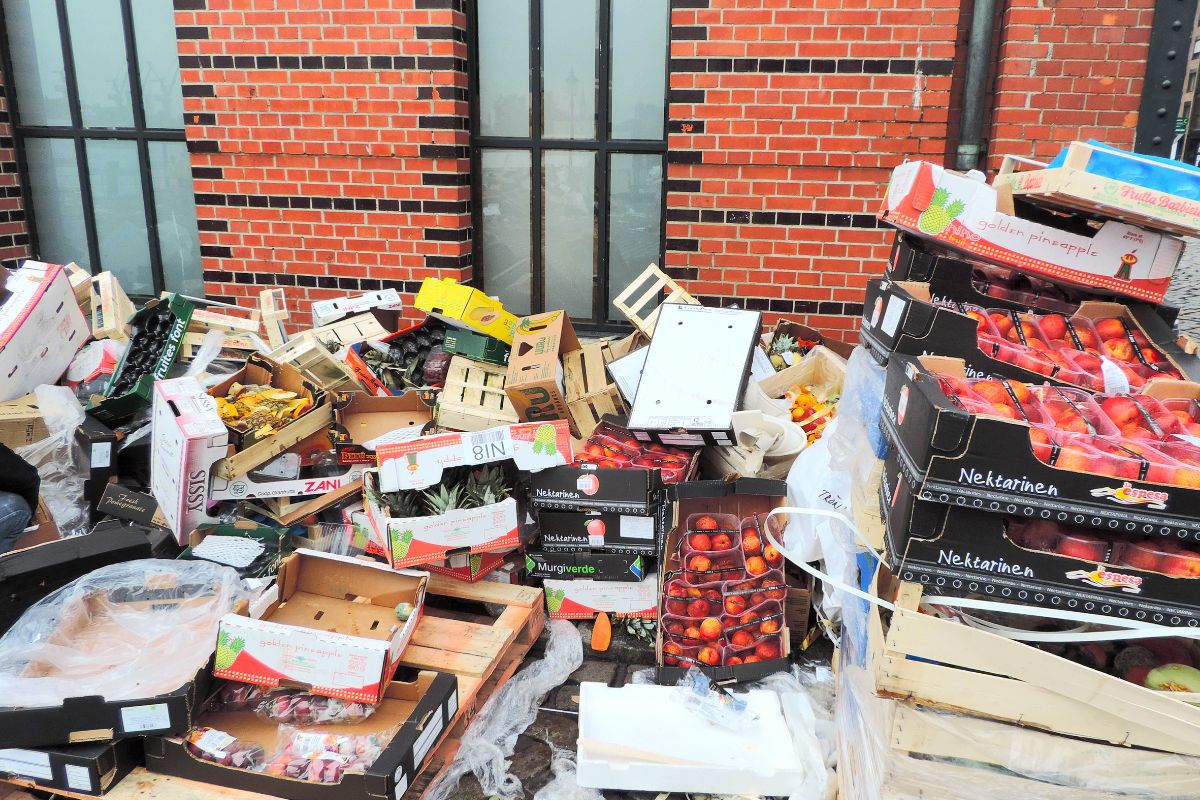Play all audios:
The escalating food waste crisis in the Asia-Pacific region is driving sustainability initiatives in the food and beverage industry, according to a report on Friday. The report by
GlobalData, a data and analytics company, showed that the sustainability practices include ethical sourcing, food waste reduction, and implementing composting programmes and efficient waste
management systems. Advertisement “As awareness around sustainability grows, consumers increasingly prioritise ethical considerations in their purchasing decisions,” said Shravani Mali,
Consumer Analyst at GlobalData. Advertisement “Consumer demand for sustainability efforts among food service establishments and the food and beverage industry is accelerating, pushing
restaurants to use more recycled materials, reduce waste and decrease their carbon footprint,” Mali added. The food waste crisis is a serious concern in the Asia-Pacific region and presents
a significant challenge across the supply chain. To combat this, governments across Asia have launched various initiatives which reflect a growing recognition of the environmental, economic,
and social implications of food waste. Australia, with an estimated 7.6 million tons of food discarded each year, aims to halve the country’s food waste by 2030. Similarly, China has issued
the Anti-Food Waste Law (AFWL), to alleviate food waste — approximately 50 per cent of the municipal waste structure. Tim Hill, Key Account Director, SE Asia at GlobalData stressed the need
to implement strategies to reduce food waste. This can be done by using food waste that is unsuitable for human or animal consumption such as fruit/vegetable peels and eggshells as a
natural fertiliser for landscapes. Hill also proposed “redistributing excess food in collaboration with nonprofit organisations and food banks”. The report demanded immediate action and
collaborative efforts to “establish sustainable practices, enhance resource efficiency, and establish a resilient and responsible food system”. Advertisement

